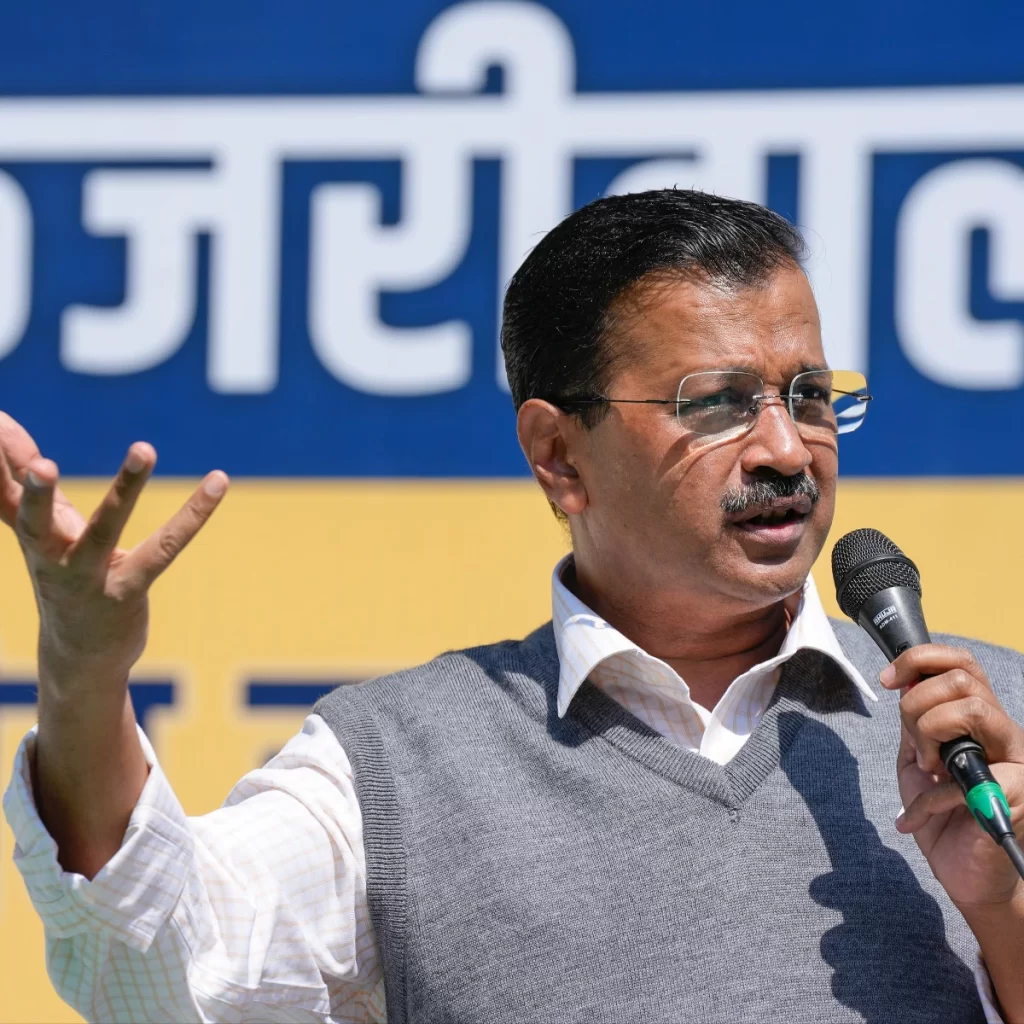Jahanvi Agarwal
On 27th March 2024, the Delhi High Court made a pivotal decision not to grant immediate relief to Delhi Chief Minister Arvind Kejriwal, deepening the drama around his recent arrest. Kejriwal found himself in the grips of the Enforcement Directorate (ED) on March 21, implicated in a case alleging money laundering connected to the notorious Delhi excise policy scam. His move to challenge this arrest and his subsequent detention by the ED took a significant turn during this latest court session.
The courtroom was a battleground of legal wits, with Additional Solicitor General S.V. Raju defending the ED’s stance. He highlighted a procedural snag, pointing out that Kejriwal’s legal team had delayed providing the ED with a copy of their petition against the arrest. This technicality became a focal point, with Raju stating, “The chief minister moved the petition on March 23, but the agency got the copy only on March 26.”
In response to these unfolding events, Justice Swarana Kanta Sharma decided to steer a middle course, opting to issue a notice to the ED and scheduling the next hearing for April 3. Her order was clear and methodical, demanding that “The Directorate of Enforcement will ensure that replies are filed to the main petition as well as the application for interim release of the petitioner by 02.04.2024 and copies of the same are provided in digitized form as well as hard copy to the learned counsel for the petitioner.”
Amid these legal tussles, Senior Advocate Abhishek Singhvi, representing Kejriwal, mounted a vigorous defense. He portrayed the arrest as an assault on democratic principles, especially given its timing just before the elections.
As the clock ticks down, the Aam Aadmi Party leader’s immediate future hangs in balance with his remand concluding on Thursday. The forthcoming court appearance at Rouse Avenue Courts is eagerly anticipated. Here, the ED will face a crossroads to extend Kejriwal’s custodial interrogation or pivot towards a judicial custody directive.
The allegations against Kejriwal are grave, painting him as a central figure in the “entire conspiracy of the Delhi liquor scam,” accused of manipulating policy to the advantage of certain benefactors in exchange for kickbacks. These alleged kickbacks were supposedly channeled into financing the election campaign for the Goa Assembly elections, a claim that adds layers of political intrigue to the legal battle.
This saga is more than a simple legal proceeding, it’s a narrative woven with the threads of power, politics, and procedural law, unfolding against the backdrop of India’s vibrant democracy and its contentious electoral battlegrounds. The resolution of this case could have far-reaching implications not just for Kejriwal and the Aam Aadmi Party, but for the broader political landscape of India.

